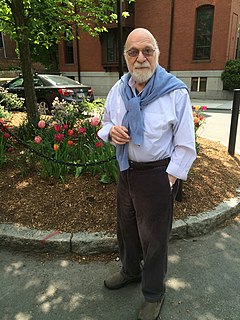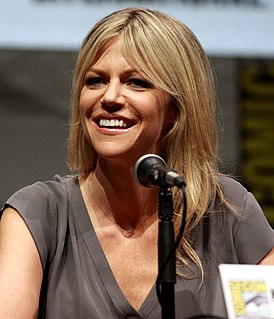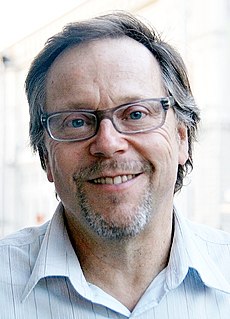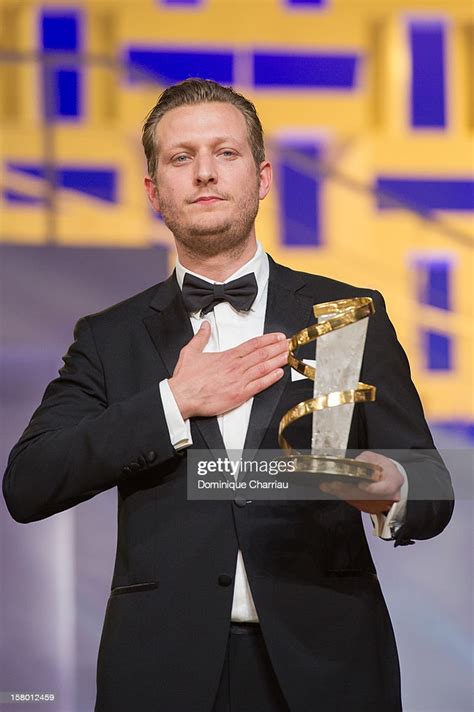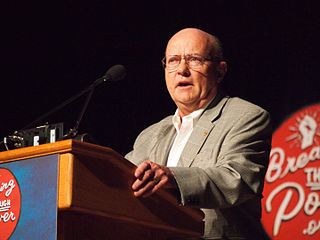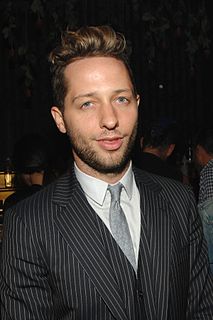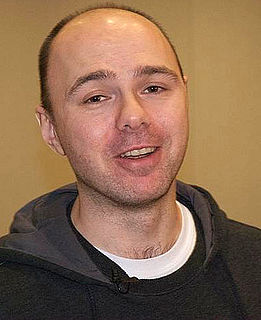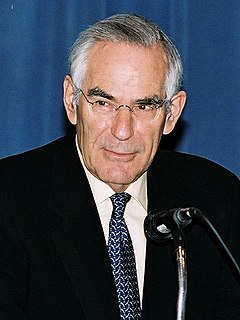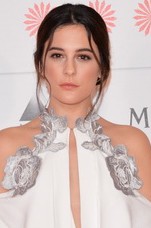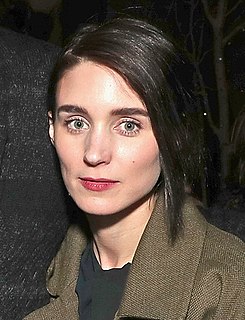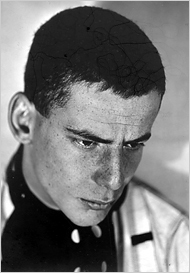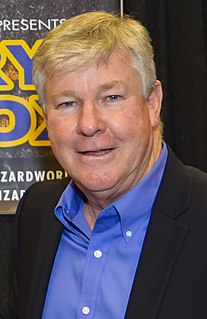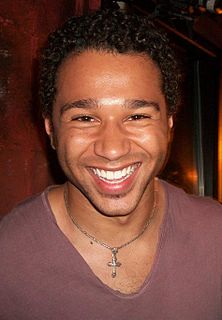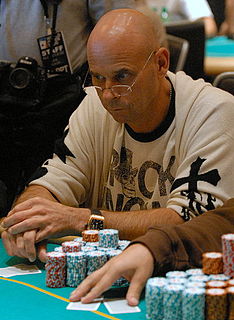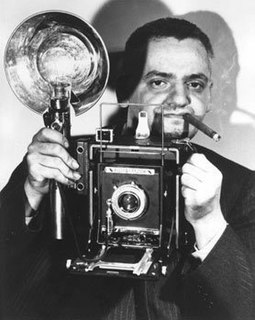Top 1200 Candid Camera Quotes & Sayings
Explore popular Candid Camera quotes.
Last updated on November 25, 2024.
The funny thing is that the process of coming up with an idea for a column or a 'Candid Camera' sequence is essentially the same thing. I just live my life with eyes and ears perhaps a little bit wider open than some people. Whatever bothers me or seems off kilter or in need of parody-or on a serious subject, in need of examination-in the past I had done a sequence about it. Now I write a column about it.
I can ask someone to let me into all aspects of their life for several years, but people have got to have that gift: that courage and that talent for opening their lives to the camera. Being candid is a gift, and that's what the audience responds to. Part of it is me asking, and part of it is just their inherent talent, which is what you are looking for when you make documentaries - people that are really going to let you in on what they are going through.
Under examination by the camera, a human body becomes for its inhabitant a field of betrayal more than a ground of communication, and the camera's further power is manifested as it documents the individual's self-conscious efforts to control the body each time it is conscious of the camera's attention to it.
My parents both had a great sense of humor, and always laughed a lot. One night, when they were watching Candid Camera, I finally understood what comedy was all about. I heard the laughter on television, I turned around and saw my parents laughing, and that's when I thought: 'This is great. This is what I can do. I'm gonna prank somebody.'
A huge part of what we do as actors is learning to ignore the camera, as if it's not even there, while simultaneously being very aware of the camera and what it's capturing, because you can give the best performance of your life, but if you do it with the back of your head facing the camera, it's going to get cut from the movie.
Film, television, and working with a camera is such an intimate art form that if a camera is right on you, and I've got your face filling the screen, you have to be real. If you do anything that is fake, you're not going to get away with it, because the camera is right there, and the story is being told in a very real way.
Shooting on the iPhone has become more of a directors' tool to lower inhibition of first-time actors and nonprofessionals. While it's helped me become more mobile, no pun intended - running around, finding tight areas and different ways of moving the camera - to me it's more about using this device to catch candid moments. That's the biggest thing.
When you are interviewing someone, never let your camera person turn off the camera. The second you turn off the camera, they'll say the magic thing that you'd been looking for the whole interview. People want to relax after the performance is done. Don't be afraid of awkward silence. That is your friend.
The only way to maximize group creativity—to make the whole more than the sum of its parts—is to encourage a candid discussion of mistakes. In part, this is because the acceptance of error reduces cost. When you believe your flaws will be quickly corrected by the group, you're less worried about perfecting your contribution, which leads to a more candid conversation. We can only get it right when we talk about what we got wrong.
The camera is one of the most frightening of modern weapons, particularly to people who have been in warfare, who have been bombed and shelled for at the back of a bombing run is invariably a photograph. In the back of ruined towns, and cities, and factories, there is aerial mapping, or spy mapping, usually with a camera. Therefore the camera is a feared instrument, and a man with a camera is suspected and watched wherever he goes... In the minds of most people today the camera is the forerunner of destruction, and it is suspected, and rightly so.
The camera course was a bit crap. But when I was in drama school, I wasn't interested. I wanted to be a stage actress. I was not interested in learning camera craft. But then you throw yourself in the deep end when you do get a job in front of the camera because you have absolutely no idea what you're doing, and it is a skill.
Zooming in, zooming out. I was shocked. I said, "Let's erase this right now, put the camera behind the stage and I'll do the performance just for the camera." He set up everything and I told him to go outside and smoke a cigarette. Come back when I finish. Don't touch the camera. This was the way how I've done most everything after that.
A lot of people have experimented with hidden cameras and magic before. What I do, which I think is different from any other style of prank or hidden camera, is that it's all fun. It's back to that kind of fun that 'Candid Camera' was. It's not mean-spirited at all. It's a joyful kind of play with people.
Iconography becomes even more revealing when processes or concepts, rather than objects, must be depicted for the constraint of a definite "thing" cedes directly to the imagination. How can we draw "evolution" or "social organization," not to mention the more mundane "digestion" or "self-interest," without portraying more of a mental structure than a physical reality? If we wish to trace the history of ideas, iconography becomes a candid camera trained upon the scholar's mind.
I have received the digital camera as a blessing. It has really changed my life as a filmmaker, because I don't use my camera anymore as a camera. I don't feel it as a camera. I feel it as a friend, as something that doesn't make an impression on people, that doesn't make them feel uncomfortable, and that is completely forgotten in my way of approaching life and people and film.
The difference between an amateur and a professional photographer is that the amateur thinks the camera does the work. And they treat the camera with a certain amount of reverence. It is all about the kind of lens you choose, the kind of film stock you use… exactly the sort of perfection of the camera. Whereas, the professional the real professional – treats the camera with unutterable disdain. They pick up the camera and sling it aside. Because they know it’s the eye and the brain that count, not the mechanism that gets between them and the subject that counts.
The camera has a mind of its own--its own point of view. Then the human bearer of time stumbles into the camera's gaze--the camera's domain of pristine space hitherto untraversed is now contaminated by human temporality. Intrusion occurs, but the camera remains transfixed by its object. It doesn't care. The camera has no human fears.
Making photos is helpful of course to master the craft. To get comfortable with the camera. Learn what a camera can do and how to use the camera successfully. Doing exercises for example if you try to find out things that the camera can do that the eye cannot do. So that you have a tool that will do what you need to be done. But then once you have mastered the craft the most important thing is to determine why you want to shoot pictures and what you want to shoot pictures of. That's where the thematic issue comes to life.








